deakin university wins a gold anthem award in NYC for perpetual pigments project
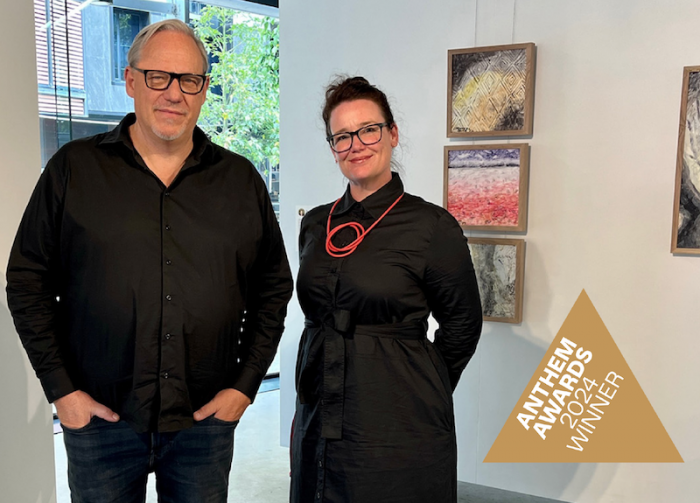
12.02.2024 Member news
Framed within the circular economy conversation, the Perpetual Pigments project is being honored for its work to test the results of research discovery by Deakin University’s Institute for Frontier Materials (IFM).
On 30 January in New York City, researchers from Deakin University School of Creative Arts in Australia won the prestigious Gold Anthem Award for their Perpetual Pigments: Sustainable Colour/Continuous Colour project. The award was in the category of Product Innovation (Sustainability, Environment & Climate). Perpetual Pigments is a ground-breaking, research initiative and supporting exhibition of renowned First Nations visual artists and print makers. The Perpetual Pigments co-curators, Dr Russell Kennedy and Dr Tonya Meyrick, expressed their gratitude to Professor Rangam Rajkhowa and the Institute for Frontier Materials (IFM) team for inviting them to join this amazing research project. They believe this high-level international recognition sets an example for future relational, multidisciplinary, cross-faculty research.
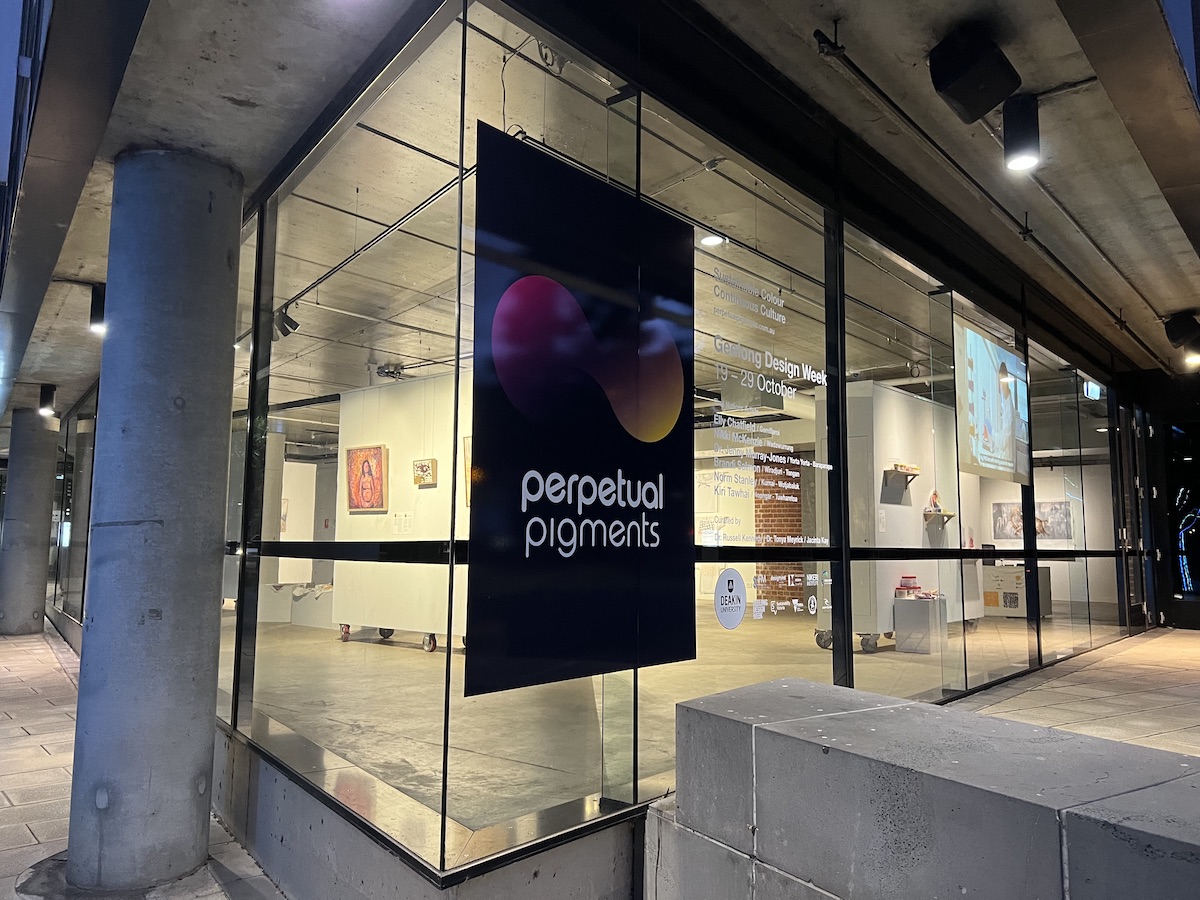
Perpetual Pigments applied the International Indigenous Design Charter (2023 Silver Anthem Award recipient) to the project. These best practice protocols which were developed by Deakin University are officially recognised by the International Council of Design (ICoD) and ICoD Member Design Institute of Australia.
Framed within the circular economy conversation, IFM developed a process to extract pigments from discarded textiles and fabrics made from natural fibres. Inspired by the theme, ‘sustainable colour continuous culture’ this ‘art meets science’, project invited First Nation artists to test the performance of the recycled pigments produced by IFM. The objective is to develop an ongoing system where discovery and application can work together to address issues such as 800,000 tonnes of textile waste ending up in landfill in Australia per year. Using textile waste sourced through industry partner Textile Recyclers Australia — which receives unwanted clothing and textiles from households, retailers and industry — the Deakin research team grinds down the materials to produce a fine powder produced in primary colours, black and ochre to provide to the participating artists to mix and use as they wish.
 The Perpetual Pigments project culminated in an exhibition featuring artworks by First Nation artists.
The Perpetual Pigments project culminated in an exhibition featuring artworks by First Nation artists.

Perpetual Pigments co-curator Dr Russell Kennedy said the commissions allowed an opportunity to test the capabilities of the pigments, with artists asked to document their experience and give feedback. "We wanted to explore what's possible. It's fantastic that these recycled pigments can be used and experimented with," he said. "We hope this is the first step in developing new ways that waste textiles can be given a beautiful second life."

The Perpetual Pigments project set out to test the results of a world-first research discovery by Deakin University’s Institute for Frontier Materials (IFM).


This year’s Anthem Award Winners were selected from a pool of over 2,000 submissions from 44 countries by the International Academy of Digital Arts and Sciences (IADAS). Anthem judges are intellectually diverse leaders from across the impact industry with expertise that spans across the Anthem cause areas. The Perpetual Pigments project reinforced the interlocutor power of design. It clearly demonstrated how interdisciplinary knowledge sharing and cultural exchange can come together to produce better-than-expected outcomes.
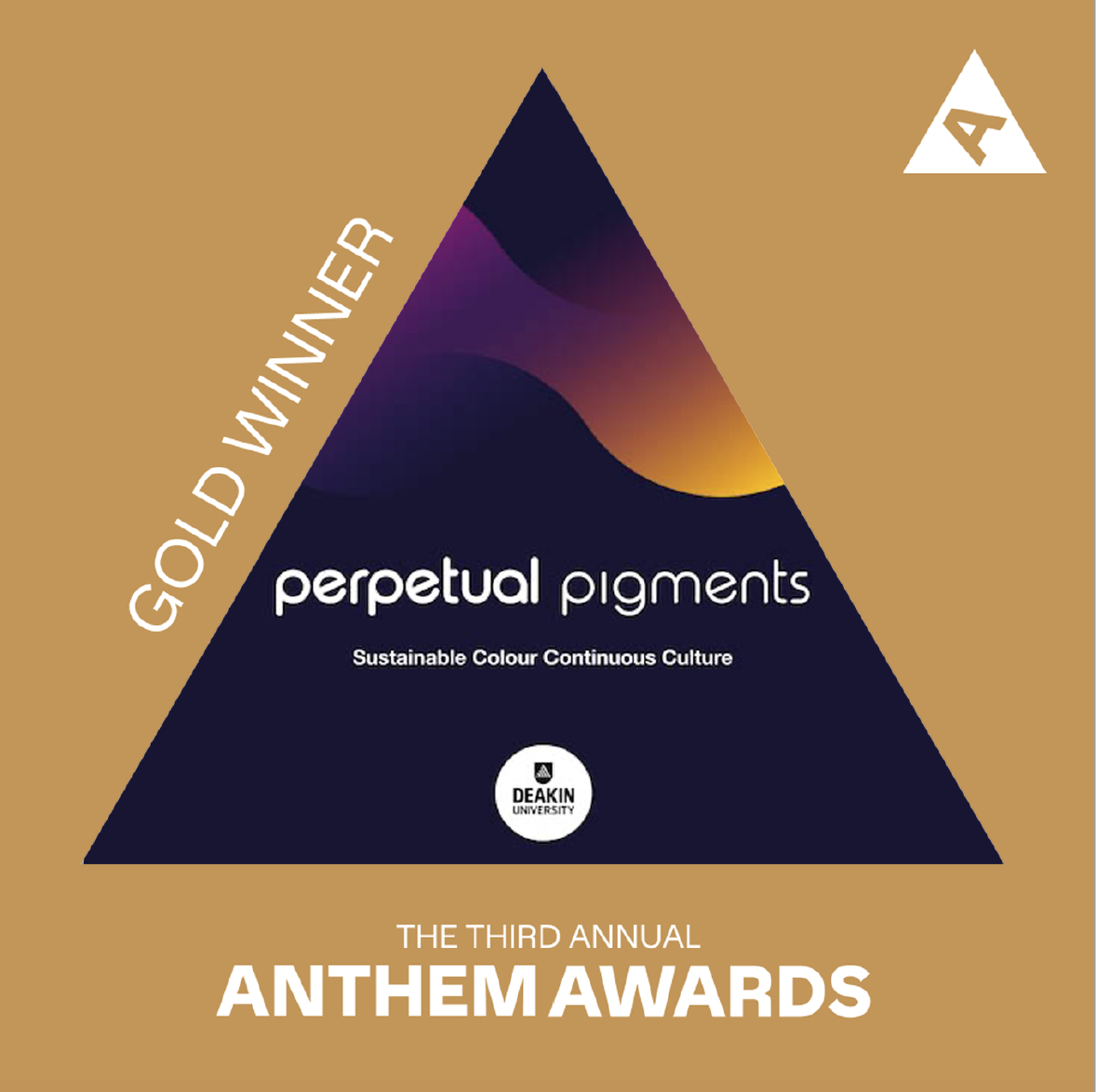
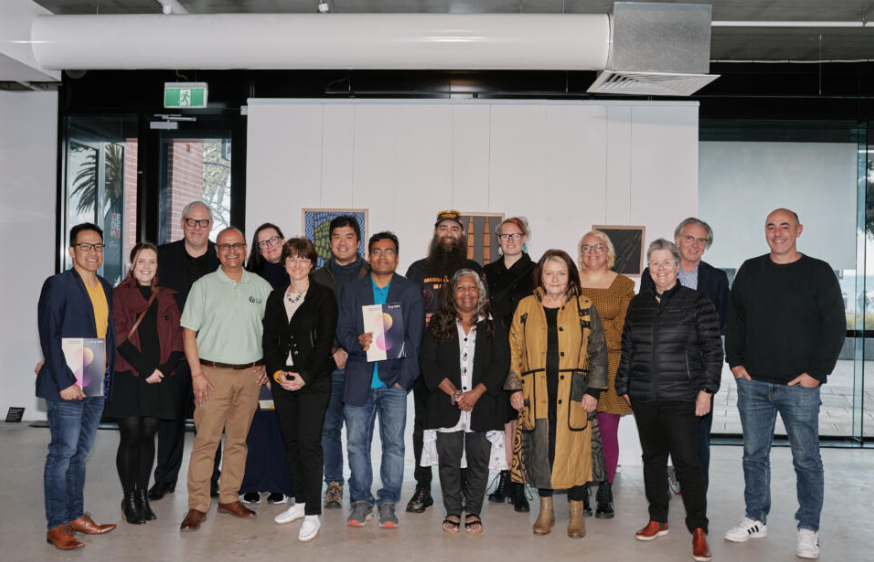
It is important to acknowledge that the Perpetual Pigments research could not have taken place without the talented, eminent, and emerging First Nation artists who contributed to the exhibition. Deakin’s Gold Anthem Award for Innovation will certainly elevate awareness and further advance research into the effective application of colour pigments extracted from textile waste. ICoD wishes to congratulate Deakin on this award, a testament to design work that amplifies the voices that spark global change, and community impact.
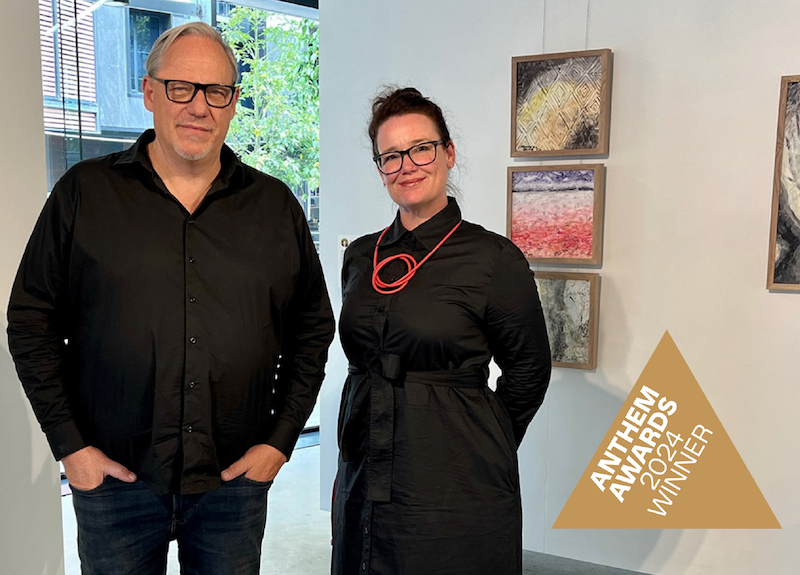
relatedarticles

new member | college of design and innovation (D&I) at tongji university (china)
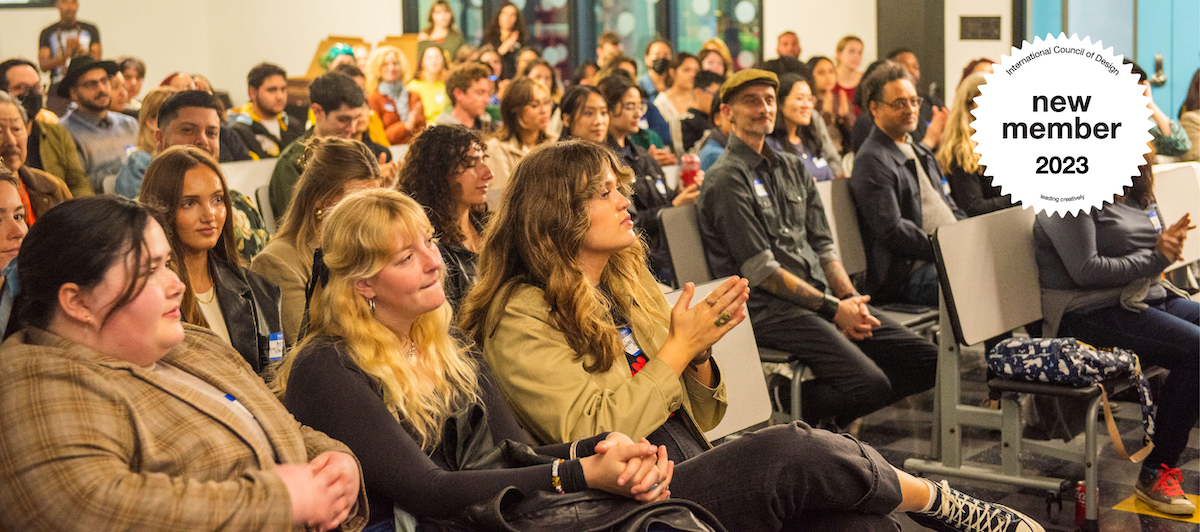
new member | AIGA san diego tijuana

new member | escuela superior politecnica del litoral (ESPOL) (ecuador)
